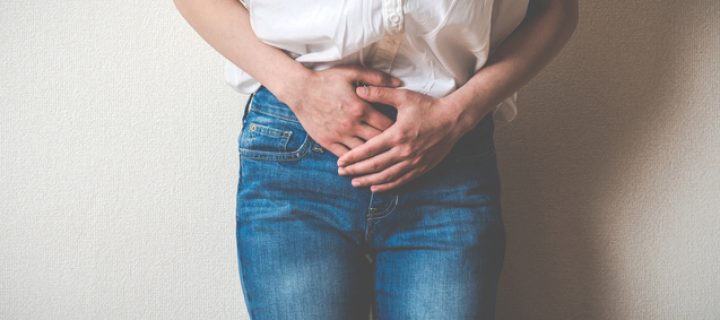Estimates suggest that polycystic ovary syndrome affects 1 in 10 women of childbearing age. Despite this, there is still a lot of misconceptions and misinformation about this common disorder.
Highly common and often undiagnosed, polycystic ovary syndrome is the leading cause of female infertility in the United States. Currently, there’s no test to definitively diagnose PCOS which makes it hard for women to know for sure they have this endocrine disorder. Even the symptoms vary greatly: for example, some ladies with polycystic ovaries will have weight issues and excess hair, others will struggle with adult acne, while some will have no visible symptoms at all, but have fertility issues.
Considering the lack of information and the varying symptoms, it’s no surprise that it’s so easy for myths about PCOS to develop. Here are five things women still believe about polycystic ovary syndrome that we now know to be entirely untrue.
#1 PCOS can be fixed by birth control pills
Right now, there is no known cure for polycystic ovary syndrome. The condition can be kept in control with proper treatment, and for some women, that means taking birth control pills. Although they can help sort out the hormonal imbalance to some degree, oral contraceptives can’t eliminate PCOS.
#2 If I’m not overweight, I can’t have PCOS
One of the identified underlying causes of this endocrine disorder is obesity. However, that doesn’t mean that you have to be overweight to develop this condition: many different factors could contribute to polycystic ovary syndrome, from genetics to insulin resistance. Unfortunately, that means that lean ladies are affected by this issue as well.
#3 Women with PCOS can’t get pregnant
In a number of cases, polycystic ovary syndrome can cause fertility issues, that’s true. But it doesn’t mean that that PCOS diagnosis means you won’t be able to conceive! Depending on the severity of the disorder, you might be able to have babies without any medical help needed, or with some assistance and lifestyle changes- in more complicated cases.
#4 Women with PCOS always have cysts on their ovaries
It’s easy to get confused about this one- after all, this disorder does have the word cystic in its name. This often misleads women to believe they are not affected by PCOS simply because their ultrasound fails to show any ovarian cysts. However, this hormonal disorder is not caused by cysts, so if you don’t have them, it doesn’t mean you don’t have PCOS either.
#5 Weight loss is impossible if you have PCOS
Women with polycystic ovary syndrome usually have to work twice as hard to lose weight, due to difficulties with insulin resistance and a tendency for slow metabolism, but it’s far from impossible. And, as even the slightest weight gain can wreak havoc on hormones, keeping your weight in check is a must- preferably with a low carb diet.
Photo credit: beeboys/Shutterstock












